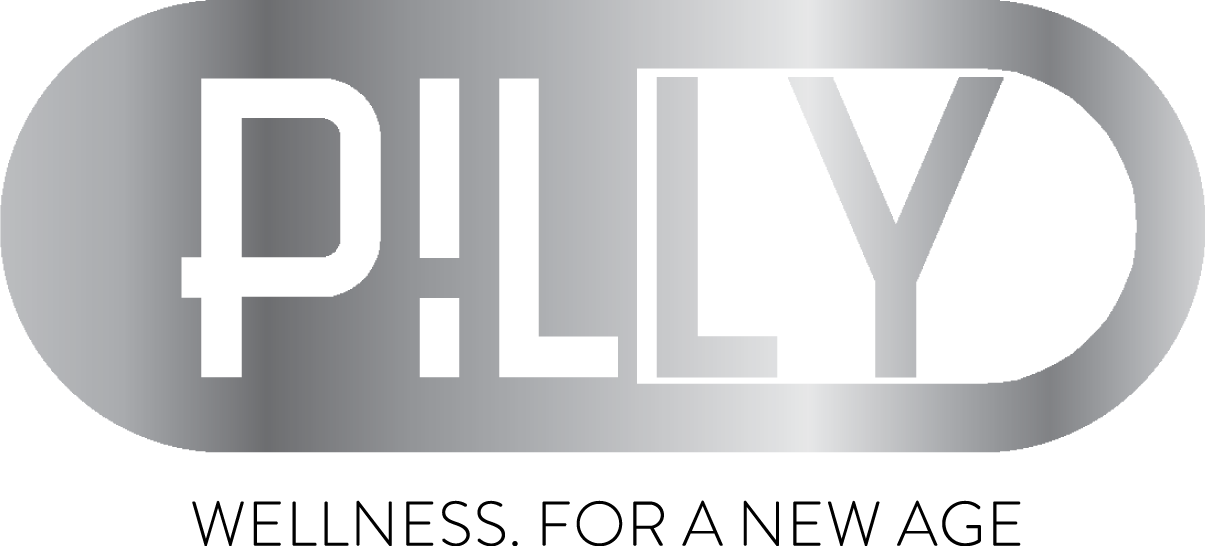Introduction
Inflammation is a critical physiological response of the immune system to injury, infection, or harmful stimuli. Characterized by symptoms such as swelling, pain, and fever, inflammation is pivotal in the body's defense mechanism. However, chronic inflammation can lead to numerous health issues, including asthma, heart disease, cancer, and diabetes. The need for effective anti-inflammatory agents with minimal side effects has driven research towards natural products. One such natural product that has garnered attention for its potential anti-inflammatory properties is the Chaga mushroom (Inonotus obliquus).
Chaga is a sclerotium formed by the Inonotus obliquus fungus and has been historically used in traditional medicine, particularly in Eastern Europe. This review delves into a clinical study investigating the anti-inflammatory properties of chaga extracts, focusing on different extraction methods and their efficacy against lipopolysaccharide (LPS)- induced inflammation in RAW 264.7 macrophages.
Extraction Methods and Chemical Composition
Traditional and Advanced Extraction Techniques
The study compared various extraction methods to determine the optimal technique for maximizing the anti-inflammatory properties of Chaga. The extraction methods included:
-
Traditional Aqueous Extraction: This method involves steeping Chaga in hot water, either in powdered form (P) or in tea bags (B), for different durations (3, 6, and 10 minutes).
-
Conventional Extraction Methods: These include maceration (ME), soxhlet (SE), and reflux (RE) extraction using a 70/30 ethanol/water mixture.
-
Accelerated Solvent Extraction (ASE): This novel method uses ethanol/water at varying temperatures (130°C, 150°C, and 170°C).
Chemical Yield and Bioactive Content
The chemical analysis revealed significant differences in the yield and bioactive content of extracts obtained through different methods. Chaga (P) powdered form yielded higher crude polysaccharide content than the bagged form (B) at all extraction durations. For instance, the P6 extract (six-minute steeping of powder in 100°C water) had a crude polysaccharide yield of 30.21%, with significant carbohydrate, protein, uronic acid, and phenolic content. In contrast, the B6 extract (same duration as bagged powder) had a lower yield and bioactive content.
Anti-Inflammatory Activity
Cell Viability
The study assessed the effects of Chaga extracts and pure phenolic standards on the viability of RAW 264.7 macrophages using the MTT assay. The results indicated no cytotoxicity at the concentrations tested, allowing further investigation into their anti-inflammatory properties.
Inhibition of Nitric Oxide (NO) Production
Nitric oxide (NO) is a pro-inflammatory mediator whose overproduction can lead to oxidative stress and tissue damage. The study found various Chaga extracts significantly inhibited NO production in LPS-stimulated RAW 264.7 cells. Notably, the ASE1 extract (optimized ethanol/water extraction) and P6 extract exhibited the highest inhibitory activity, reducing NO levels by 66.82% and 67.76%, respectively, at the highest concentration tested (150 µg/mL).
The study also explored the effects of pure phenolic acids found in Chaga, such as protocatechuic acid (PA), protocatechuic aldehyde (PCA), and caffeic acid (CA). These phenolic acids significantly reduced NO production, with PA and PCA showing the most substantial effects.
Inhibition of Pro-Inflammatory Cytokines
Pro-inflammatory cytokines such as tumor necrosis factor-α (TNF-α), interleukin-6 (IL-6), and interleukin-1β (IL-1β) play crucial roles in the inflammatory response. The study demonstrated that Chaga extracts effectively inhibited the expression of these cytokines in LPS-stimulated RAW 264.7 cells. ASE1 and P6 extracts were particularly potent, reducing TNF-α levels by 42.90% and 37.5%, respectively, at the highest concentration.
Similarly, the pure phenolic standards (PA, PCA, and CA) significantly decreased TNF-α expression, highlighting these compounds' role in Chaga's anti-inflammatory activity.
Discussion
Mechanisms of Anti-Inflammatory Action
The study's findings suggest that Chaga extracts exert their anti-inflammatory effects through multiple pathways:
-
Reduction of NO Production: By inhibiting NO production, Chaga extracts help mitigate oxidative stress and prevent tissue damage.
-
Downregulation of Pro-Inflammatory Cytokines: The extracts reduce the levels of key cytokines (TNF-α, IL-6, and IL-1β), dampening the inflammatory response.
Phenolic compounds, known for their antioxidant properties, play a significant role in these mechanisms. The high phenolic content in ASE extracts and the potent effects of pure phenolic acids underscore their importance in Chaga's anti-inflammatory properties.
Influence of Extraction Methods
The study highlights the impact of extraction methods on the efficacy of Chaga extracts. Advanced extraction techniques like ASE, which enhance phenolic content, were more effective in inhibiting inflammatory mediators than conventional methods. This underscores the need for optimizing extraction processes to maximize the therapeutic potential of natural products.
Implications for Inflammation Management
As demonstrated in this study, the anti-inflammatory properties of Chaga extracts have significant implications for managing chronic inflammatory conditions. Natural products like Chaga offer a promising alternative to synthetic anti-inflammatory drugs, which often come with adverse side effects. However, further research, including clinical trials, is necessary to validate these findings and determine the safety and efficacy of Chaga extracts in human populations.
Conclusion
The
clinical study reviewed here (PMC9268247) provides compelling evidence for the anti-inflammatory properties of Chaga mushroom extracts. By employing various extraction methods, the study identified optimal techniques for maximizing Chaga's bioactive content and therapeutic efficacy. The findings highlight the potential of Chaga extracts, particularly those obtained through advanced extraction methods, in reducing inflammation by inhibiting NO production and downregulating pro-inflammatory cytokines.
Chaga mushrooms present a promising option for individuals seeking natural inflammation management. However, the extraction method must be considered to ensure the highest therapeutic benefit. As research progresses, Chaga may become a valuable addition to the arsenal of natural anti-inflammatory agents, offering a safe and effective alternative to conventional treatments.
In the meantime, those interested in incorporating Chaga into their health regimen should consult with healthcare professionals to ensure its suitability and safety, especially for individuals with underlying health conditions or other medications. With continued research and clinical validation, Chaga mushrooms hold the potential to play a significant role in the future of inflammation management and overall health improvement.

